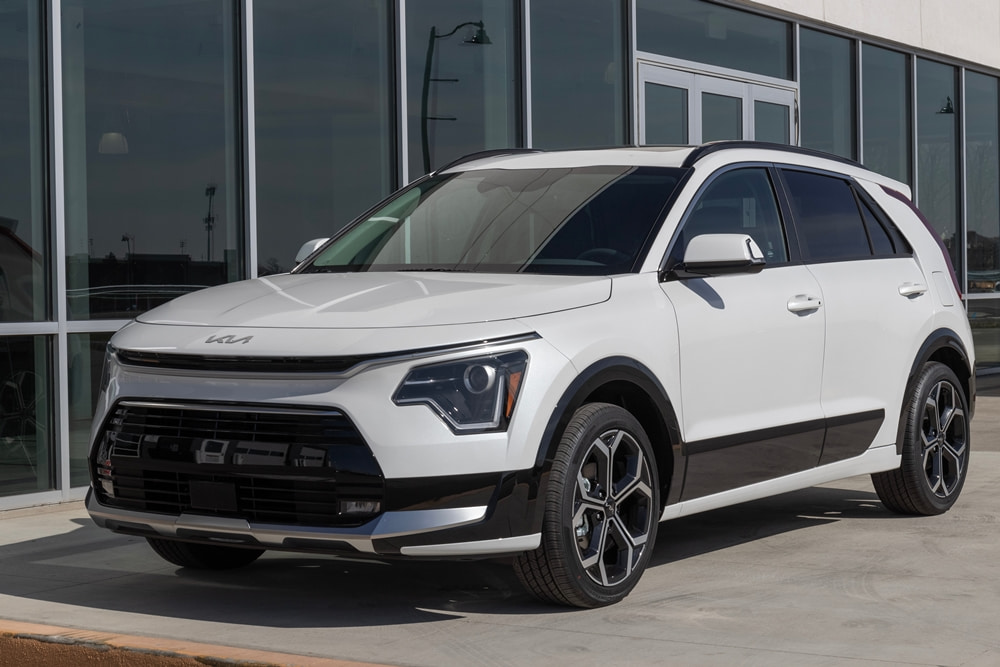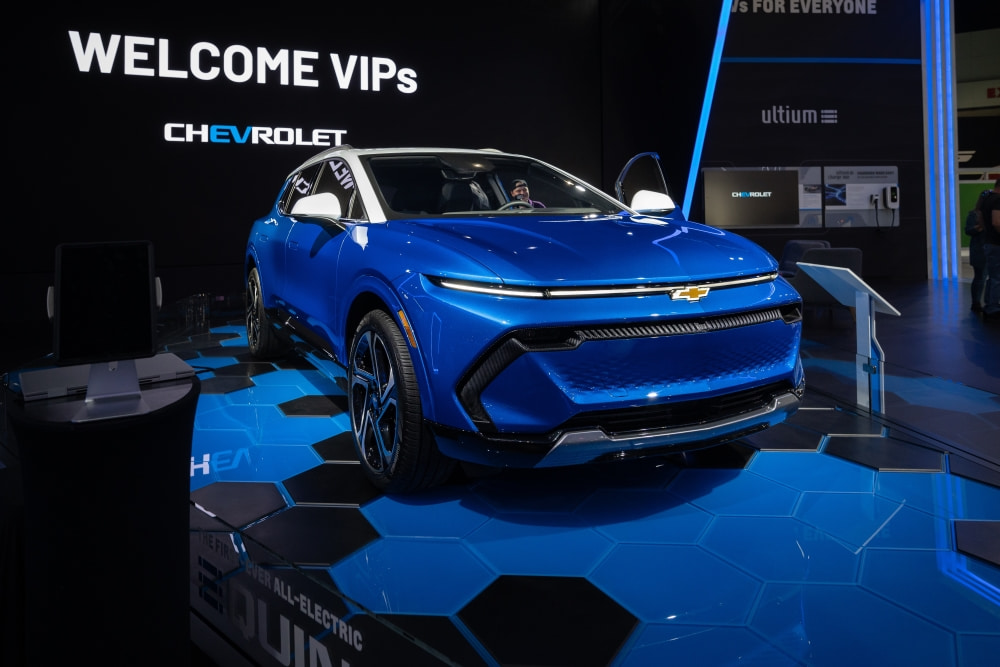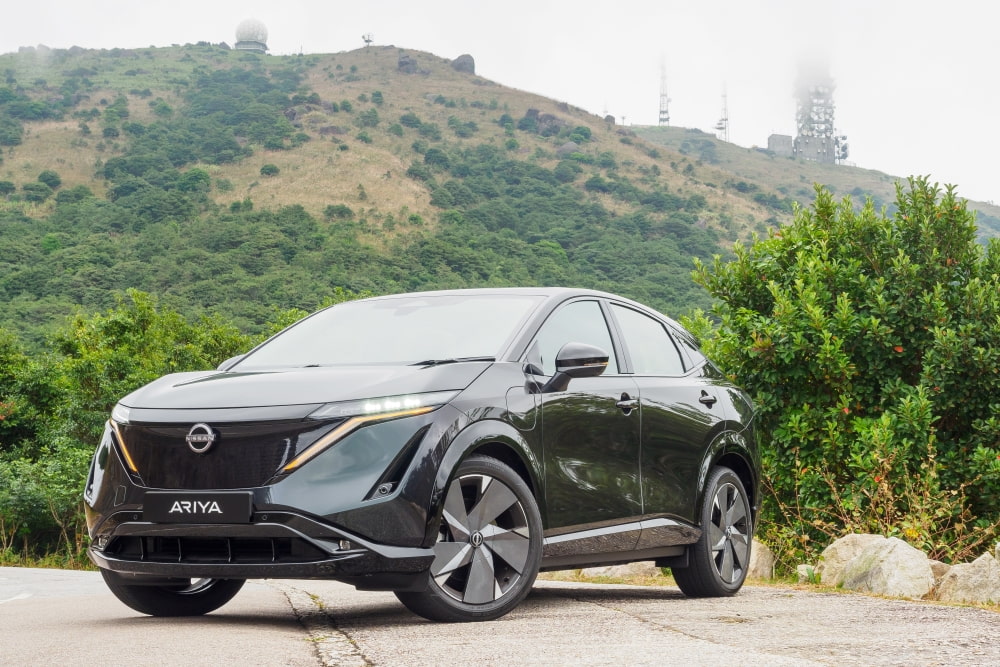In 2025, electric vehicles (EVs) are not just a niche product—they’re rapidly becoming a mainstream option for drivers across the United States. As demand for cleaner, more efficient transportation grows, so does the appeal of leasing electric cars instead of buying them outright. Leasing an EV offers a flexible and cost-effective pathway to experience the latest automotive technology without the long-term commitment or financial risk of ownership.
One of the biggest advantages of leasing an EV in 2025 is the ability to access the most up-to-date features. The pace of innovation in the electric car industry is staggering. From longer battery ranges and faster charging capabilities to increasingly sophisticated driver-assistance systems, EVs are evolving rapidly. Leasing allows drivers to upgrade every few years, ensuring they never fall behind the curve or miss out on major advancements in efficiency, safety, or infotainment.

Another key benefit is the financial aspect. Leasing typically involves lower monthly payments compared to traditional car loans, because you’re only paying for the depreciation over the lease term rather than the full value of the vehicle. This makes EVs more financially accessible, even in the premium segment, and is especially helpful at a time when car prices across the board have risen significantly.
EV leases are also frequently structured to take advantage of available federal and state-level incentives. While purchase tax credits for EVs are well known, many lessees don’t realize that those same benefits can often be factored into lease deals—effectively reducing the total cost without the buyer needing to claim credits directly. This makes leasing an especially attractive option for individuals or businesses that may not otherwise qualify for tax deductions.

For environmentally conscious consumers, leasing provides an easier way to transition into sustainable driving. As more automakers commit to all-electric lineups and invest in clean energy infrastructure, EV leasing aligns with a growing movement toward responsible consumption and reduced carbon emissions. It’s also a low-risk way to try out electric driving without committing long-term to a still-evolving technology.
From a practical standpoint, leasing often simplifies the ownership experience. Most EV lease terms include warranties that cover major repairs, battery issues, and even routine maintenance. This is crucial in the EV world, where technology is still maturing and unexpected costs can be high. Plus, you won’t need to worry about resale value or depreciation—an especially relevant concern for new technologies where market value can shift quickly.

For businesses and entrepreneurs, electric vehicle leasing can help build a forward-thinking brand image while also delivering economic benefits. Whether for a sales fleet or executive transport, electric vehicles convey innovation and environmental responsibility. They also allow companies to manage operational costs more effectively, thanks to predictable payments and potential tax deductions.
That said, leasing an EV does require careful consideration. Mileage limits are standard in most leases, so it’s important to estimate your usage realistically. Additionally, ensuring access to reliable charging infrastructure—either at home, at work, or in your city—is crucial to maximizing your EV experience. While the charging network in the U.S. has grown substantially, access may still vary by region.

Ultimately, leasing an electric vehicle in 2025 is a smart move for tech-forward consumers, cost-conscious families, and sustainability-minded businesses. It offers a low-commitment, high-reward approach to modern mobility—combining financial flexibility, environmental awareness, and access to cutting-edge automotive innovation.

